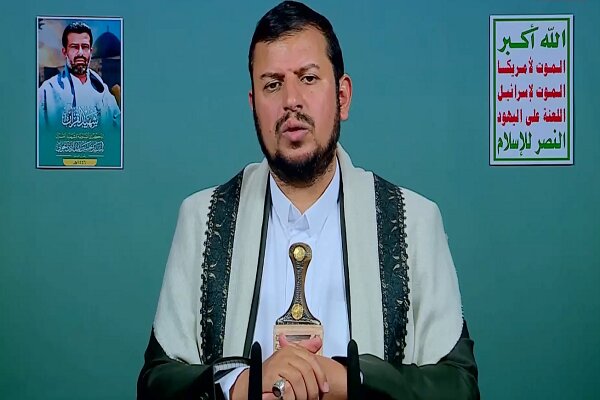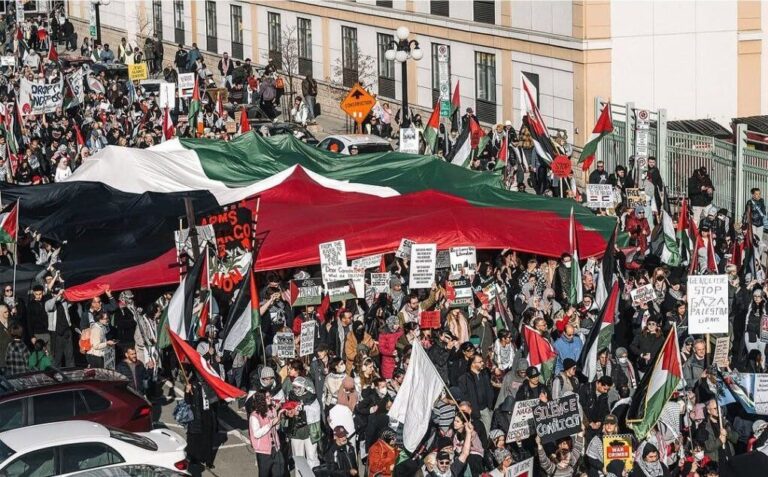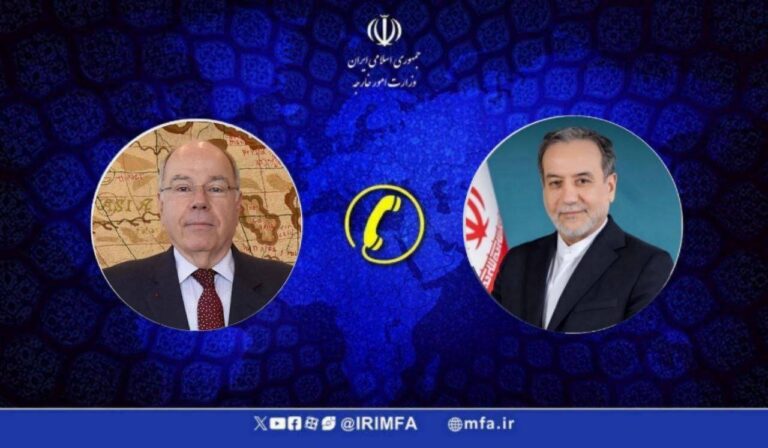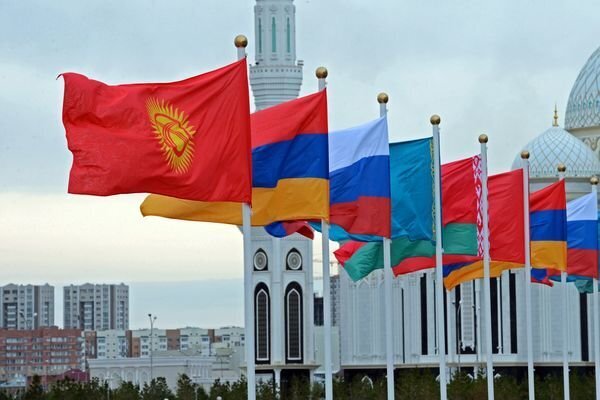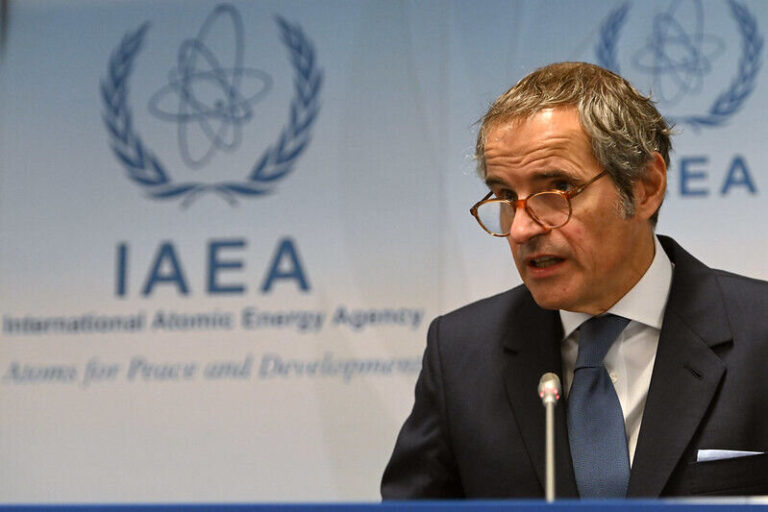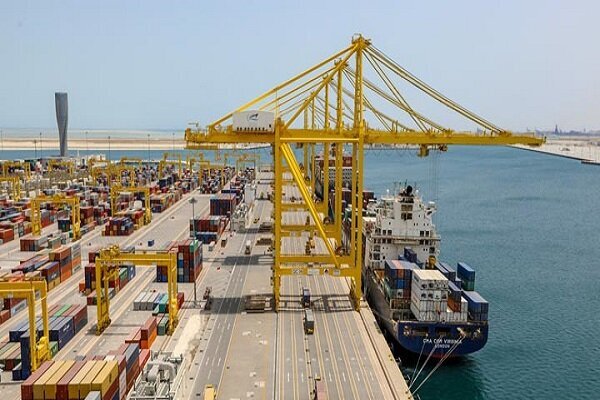Ansarallah Leader Highlights Iran’s Crucial Support for Palestine in Ongoing Struggle
On the occasion of International Quds Day, Abdul-Malik al-Houthi emphasized the unwavering support of the Islamic Republic of Iran for the Palestinian people. This annual event serves as a powerful reminder of the ongoing struggles faced by Palestinians and the global solidarity in their cause.
During his address, al-Houthi highlighted several crucial points regarding Iran’s stance and the broader geopolitical context:
- Steadfast Support from Iran: Al-Houthi commended Iran for its consistent backing of Palestine since the Islamic Revolution in 1979, despite facing immense pressure from various adversaries.
- Critique of Arab Governments: He pointed out the apparent inaction of certain Arab and Islamic governments, which has become increasingly visible this year in light of the ongoing Israeli aggression.
- Condemnation of International Bodies: Al-Houthi criticized the role of international organizations, including the United Nations and the UN Security Council, for failing to take decisive actions against the atrocities committed by the Israeli regime.
- Support from Other Nations: He praised countries like Venezuela, South Africa, and Colombia for their firm stance against Israel, including severing political and economic ties and pursuing legal actions regarding its crimes.
- Advocacy for Resistance: Al-Houthi reaffirmed that resistance remains the most effective approach to counter Israeli aggression and emphasized the importance of solidarity among nations supporting Palestine.
Al-Houthi’s remarks resonate deeply during these turbulent times, highlighting the urgent need for a unified stance against oppression. His acknowledgment of Iran’s role underscores the importance of continued support for the Palestinian cause, which has seen many ups and downs over the decades.
The situation in Palestine has long been a focal point of international debate and activism, with various governments and organizations taking stances that reflect their political agendas. Al-Houthi’s address serves as a clarion call for those who stand with Palestine to remain vigilant and active in their support.
In recent years, the global landscape has seen a shift in how certain nations engage with Israel, with some countries opting to sever ties in response to its actions. This shift has been met with both support and criticism on the international stage. Countries like Venezuela, South Africa, and Colombia, which have taken a strong stance against Israeli policies, are often highlighted as examples of how nations can respond to perceived injustices.
Furthermore, the passive approach of some Arab and Islamic governments toward the Israeli-Palestinian conflict has drawn ire from various leaders and activists. Al-Houthi’s remarks underline a growing frustration with the perceived complicity of these governments in the face of ongoing violence and human rights violations. The call for action is not just a plea for support but a demand for accountability from those who have the power to effect change.
The role of international bodies such as the UN and the Security Council has also come under scrutiny. Critics argue that these organizations have failed to fulfill their mandates in protecting human rights and addressing conflicts effectively. Al-Houthi’s condemnation of their inaction reflects a broader sentiment among advocates for Palestine, who believe that a more assertive stance is required to address the ongoing humanitarian crisis.
In conclusion, Abdul-Malik al-Houthi’s statements during International Quds Day highlight the critical need for solidarity with Palestine and a reevaluation of the roles played by various nations and international bodies. As the world watches, the quest for justice and peace in Palestine continues to unfold, and the voices of those advocating for change remain vital in shaping the narrative.
Maintaining a clear and unwavering commitment to supporting the Palestinian cause is essential. It is through collective action, both at the grassroots level and among nations, that progress toward a just resolution can be achieved. The solidarity shown by nations that take a firm stance against Israeli actions serves as a beacon of hope for those yearning for peace and justice.
